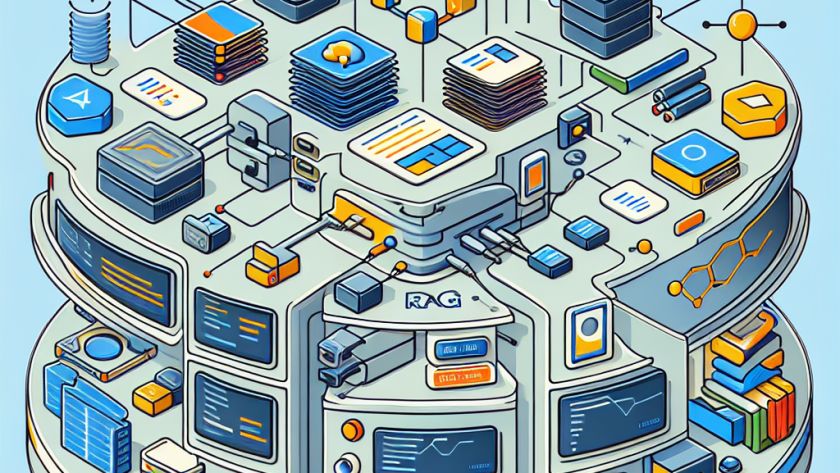In the field of natural language processing (NLP), integrating external knowledge bases through Retrieval-Augmented Generation (RAG) systems is a vital development. These systems use dense retrievers for pulling relevant information, utilized by large language models (LLMs) to generate responses. Despite their improvements across numerous tasks, there are limitations to RAG systems, such as struggling to…








